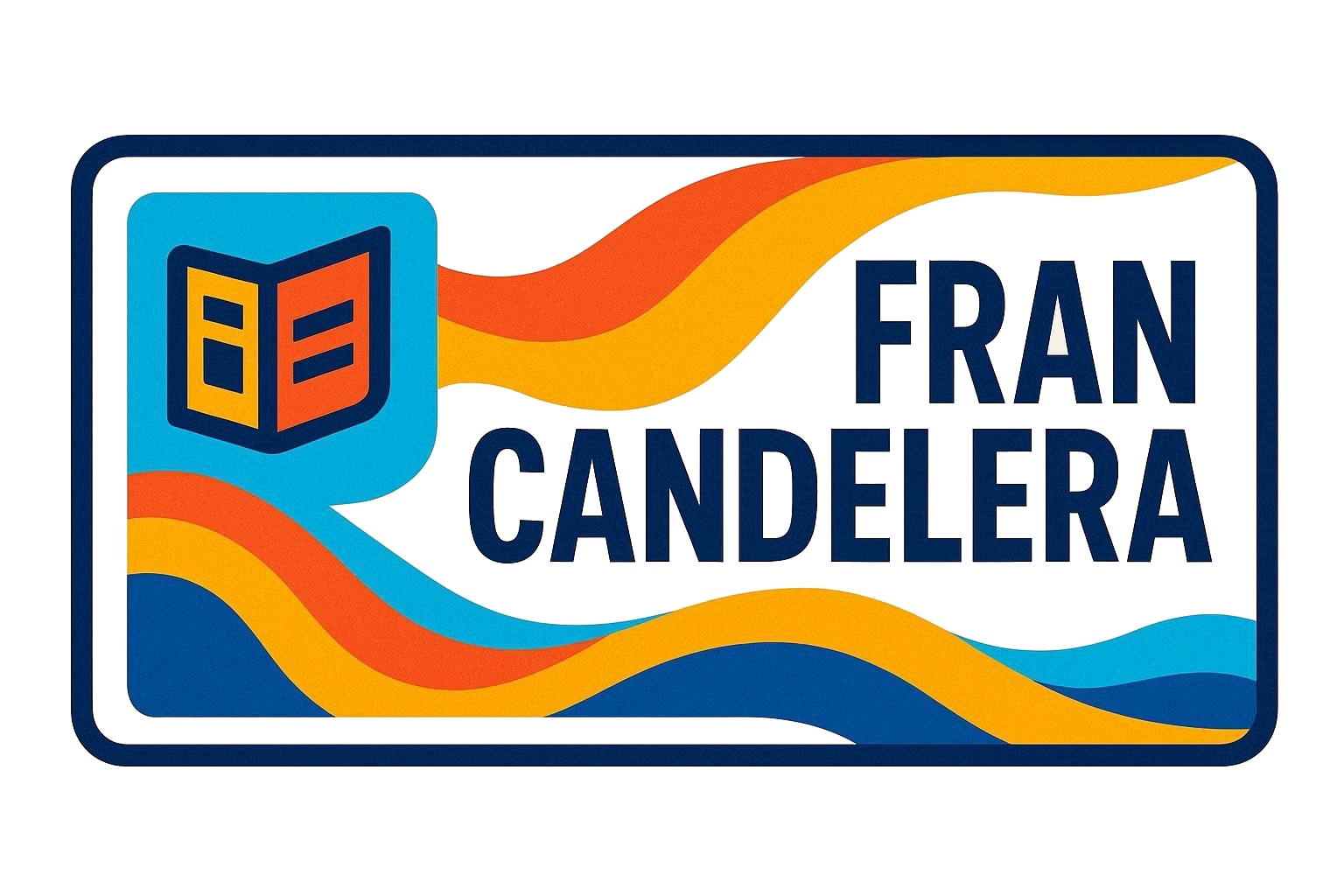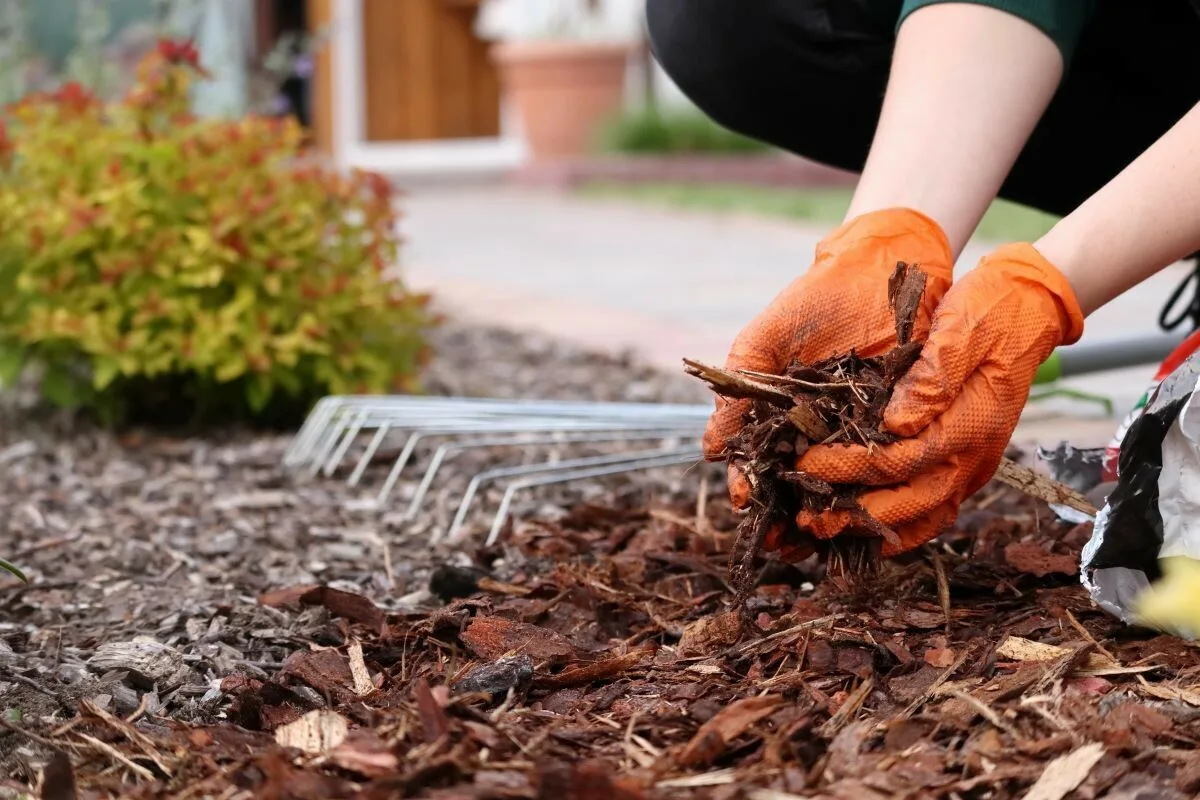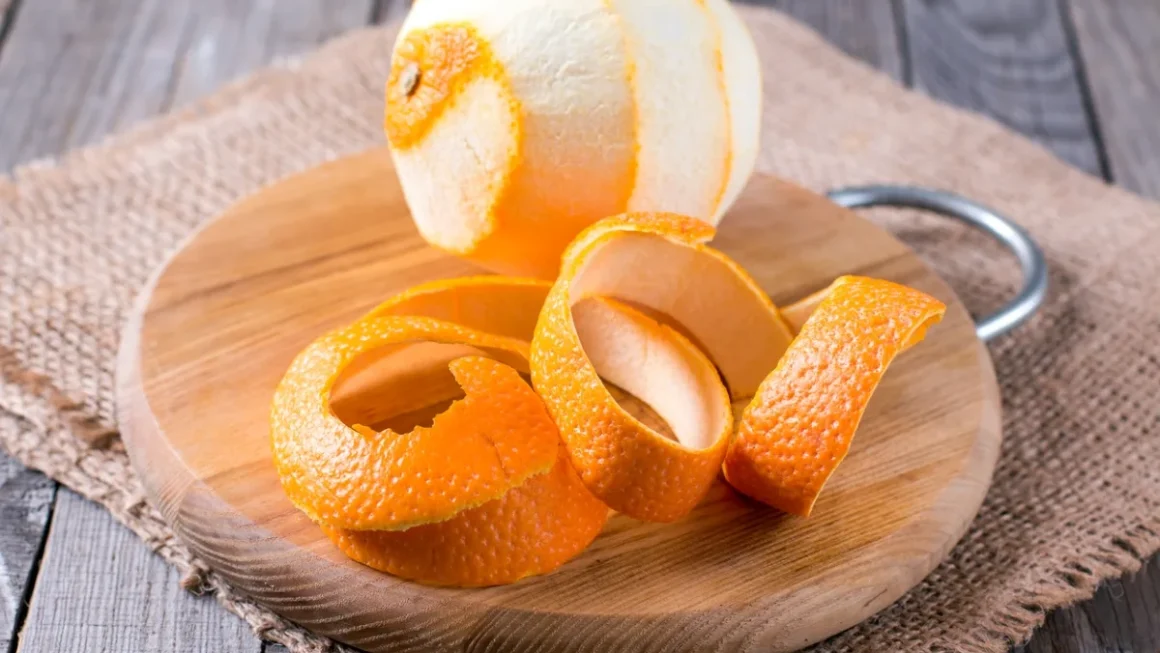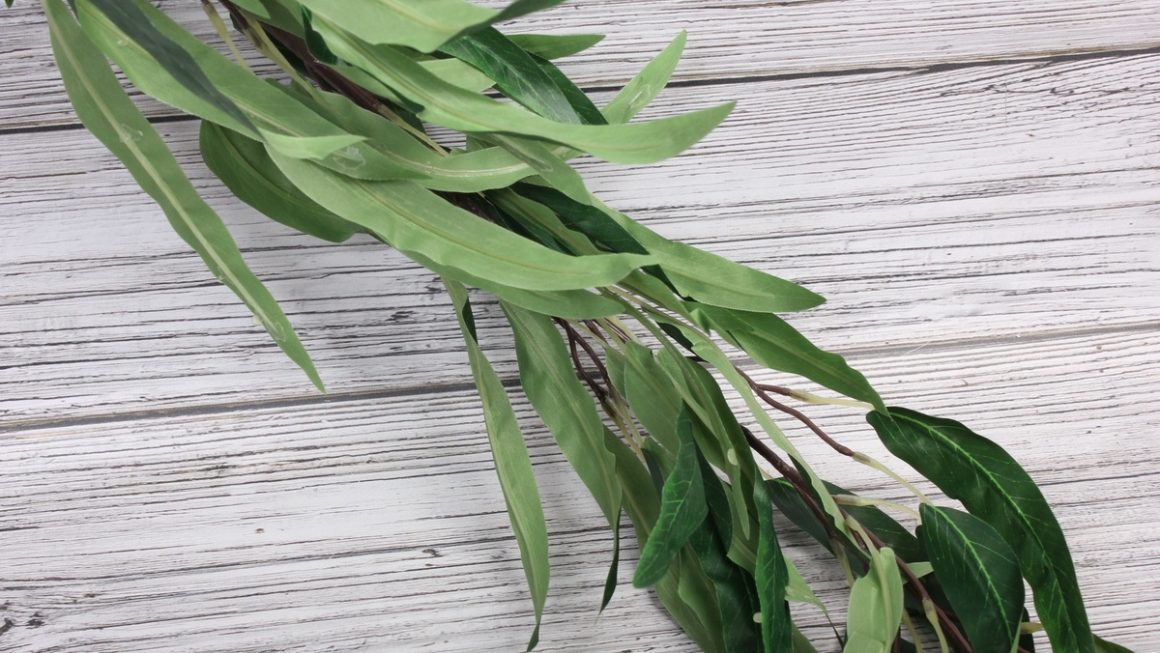Covering the soil around the plants in your garden with a layer of mineral material? It’s entirely possible, and even very useful! This is called mineral mulching, a process prized by many gardeners for its many benefits. Choose the right materials and you too can become a fan of mineral mulching.
Dark and elegant, slate is an interesting choice if you want to give your garden a contemporary look.
Mineral mulching is very appealing because it helps to retain moisture and heat while also being durable and attractive.
In fact, once you’ve tried it, you’ll find it hard to do without, as it makes your daily gardening tasks so much easier.
What is mineral mulching?
Mineral mulching is a method that involves using materials of mineral origin to cover the soil at the base of plants. These materials can include slate, pozzolan, clay balls or any other material applied in a layer of varying thickness.
Mineral mulch differs from natural or organic mulch, which is composed of plant matter such as dead leaves, wood chips, straw, grass clippings or bark.
Why use mineral mulch?
When gardening, using mineral mulch in your garden has many advantages:
- Applying mineral mulch at the base of a plant allows you to space out watering. When applied in a thick layer, it helps to maintain moisture in the soil by limiting water evaporation. It is therefore particularly recommended to use mineral mulch in summer, especially during periods of drought.
- Applying a layer of mineral mulch at the base of your plants in winter is also beneficial for protecting them from the cold. It retains the sun’s heat and warms the soil, thus limiting the risk of cold spells that can damage your plants.
- By covering the soil around the base of plants, mineral mulch prevents the growth of weeds that could compete with them. It also significantly reduces the amount of weeding required.
- By protecting the soil in the event of heavy rain, mineral mulch helps to limit soil compaction. Under the action of raindrops, a compact layer can form, preventing water from penetrating the soil properly.
- Due to the resistance of the materials it is made of, mineral mulch is more durable than plant mulch. Once installed, it requires little maintenance as it does not degrade over time.
- Mineral mulch is decorative and adds a beautiful graphic touch to your garden.
What are the disadvantages of mineral mulch?
Depending on the size of your garden and the number of plants you want to mulch, mineral mulch, such as gravel, can be quite costly.
Although it has certain advantages, mineral mulch does have some limitations:
- While organic mulch turns into humus and enriches the soil as it decomposes, mineral mulch remains unchanged and does not improve soil fertility.
- While you can make organic mulch at low cost by collecting dead leaves or grass clippings directly from your garden, mineral mulch requires an investment. Depending on the size of your garden and the number of plants you want to mulch, it can represent a significant cost.
- While the fact that mineral mulch retains heat is an advantage in winter, it can be a problem in summer. In fact, in intense heat, some plants can suffer from heat stress and require additional watering.
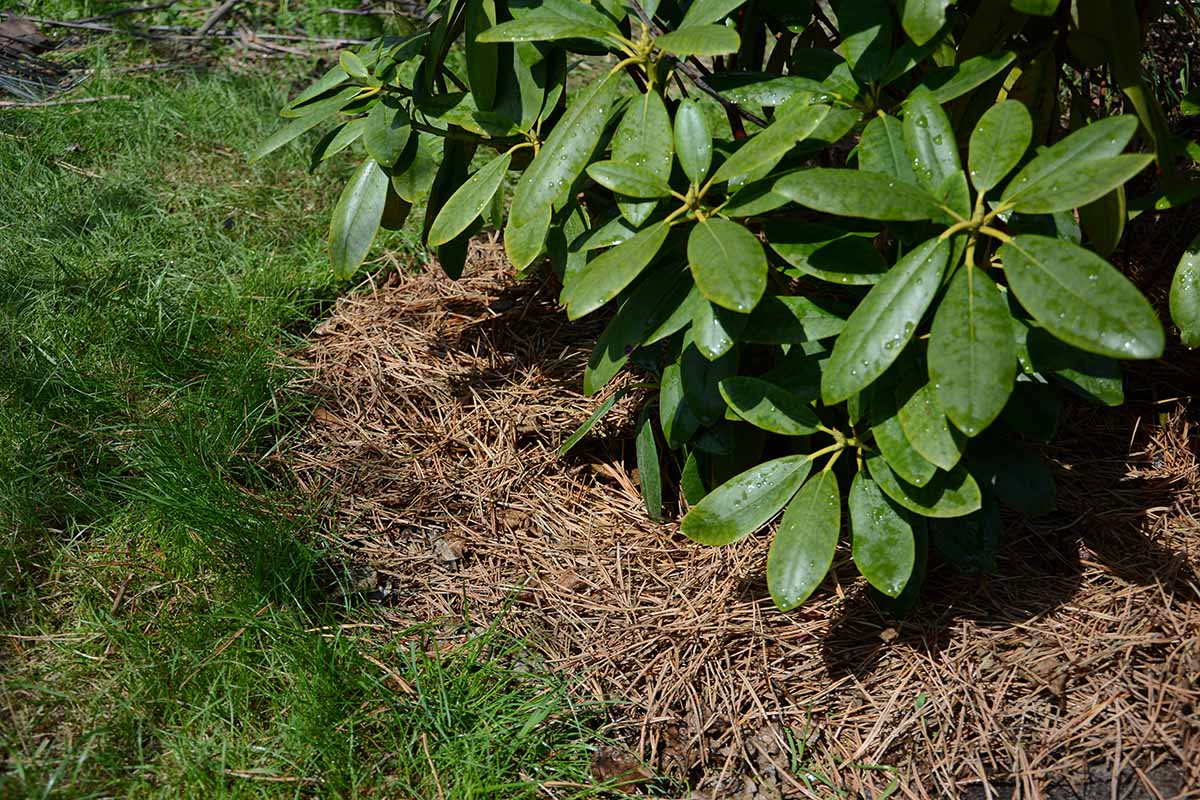
Which mineral mulch should you choose?
Depending on the desired effects and aesthetic finish, there are several options available to you when choosing the material for mineral mulching:
- Whether made of granite, quartz or marble, gravel comes in a wide range of colours. Gravel mulch drains well and is easy to install.
- Dark and elegant, slate is a good choice if you want to give your garden a contemporary style.
- A porous volcanic rock, pozzolan retains water perfectly to help keep the soil cool. Thanks to its honeycomb structure, it is also a good thermal insulator. It also keeps slugs and snails at bay, as they dislike its rough surface.
- Ideal for keeping the soil cool, clay balls release water gradually as the soil dries out. Their lightness is also an advantage.
- If you are keen on recycling or want to keep costs down, you can use materials you have to hand to make mineral mulch for your plants. Broken bricks, tiles, clay pots, crushed rock and even sand are all perfectly suitable!
